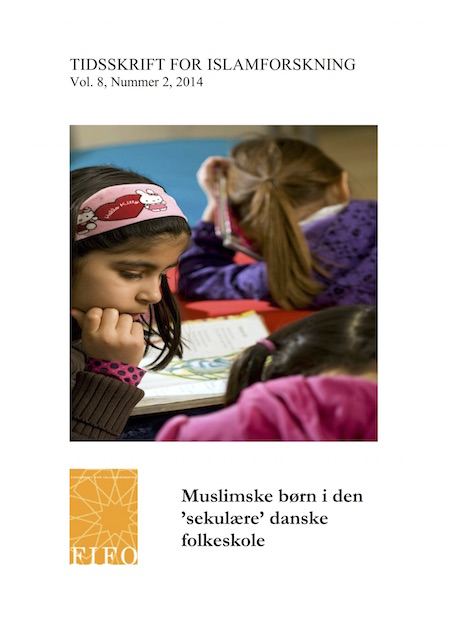Håndtering af muslimske praksisser i danske folkeskoler: Autoritet, inklusion og religion
DOI:
https://doi.org/10.7146/tifo.v8i2.25334Keywords:
folkeskolen, muslimer, inklusion, autoritet, religionAbstract
The Danish public debate on Islam is often concerned with the ways in which Islam is governed in Danish institutions. This article describes – on the basis of survey and interview data from schools across the country – why and how Muslim practices are governed in Danish public schools. The article demonstrates that governance of Muslim practices is not an either-or question of authority. Rather, two types of governance are identified on basis of the collected data: inclusive and exclusive governance. Inclusive governance is generally developed in schools with a high concentration of Muslim pupils. Exclusive governance is slightly more developed in schools where ’specialists’ (e.g. consultants or counsellors) have been involved in the process of developing schools’ governance than in schools where no specialists have been involved. Surprisingly, head teachers’ perceptions of Islam and religion have no direct influence on the kind of governance developed.Downloads
Published
2017-02-05
How to Cite
Jensen, S. V. (2017). Håndtering af muslimske praksisser i danske folkeskoler: Autoritet, inklusion og religion. Scandinavian Journal of Islamic Studies, 8(2), 17–33. https://doi.org/10.7146/tifo.v8i2.25334
Issue
Section
Articles: Thematic section
License
Scandinavian Journal of Islamic Studies publish under creative commons license BY-NC-SA.





